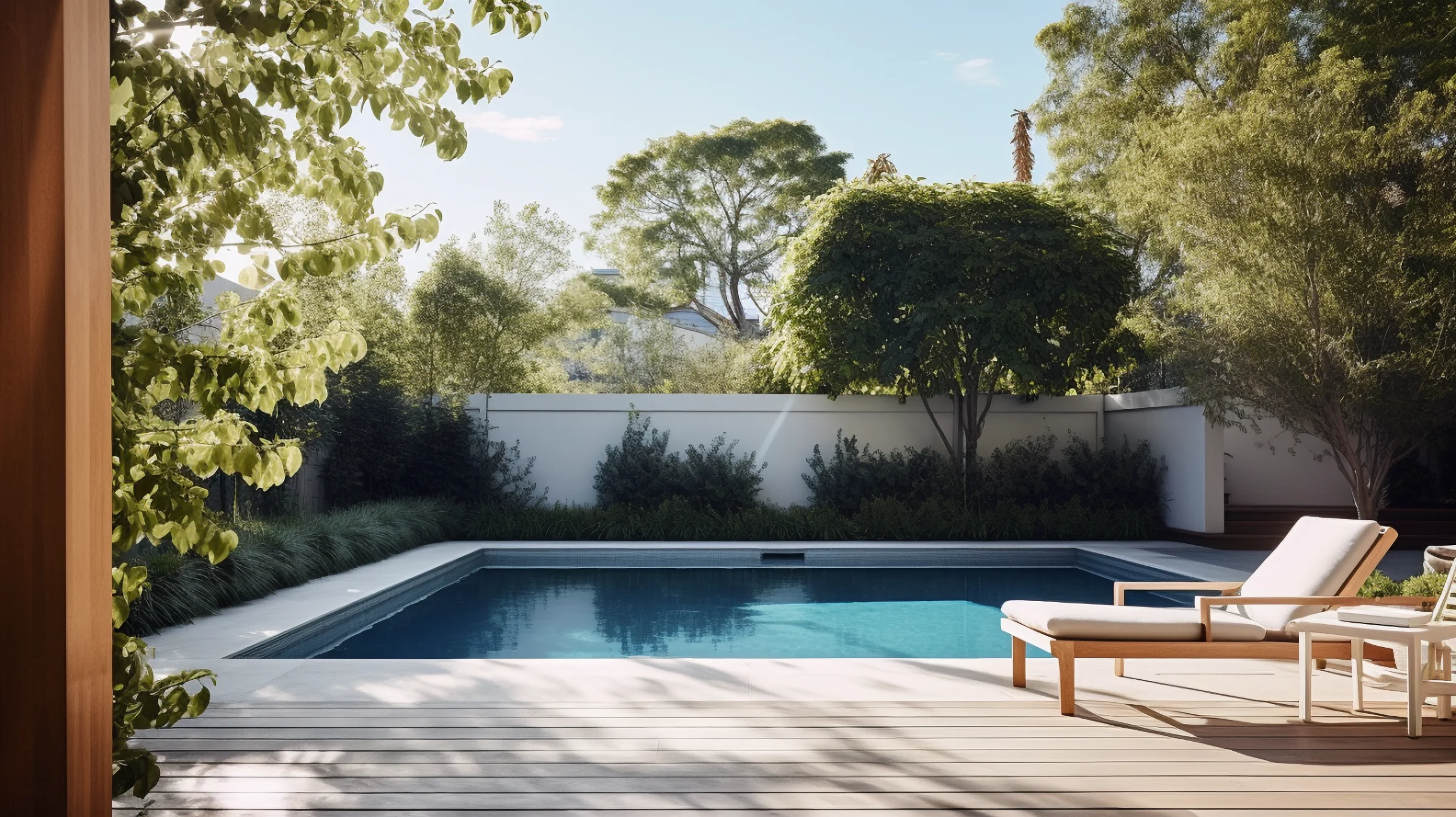Short Summary
- Active supervision is essential to prevent toddler drowning; lack of attention is a primary factor.
- Pool fences restrict access, significantly decreasing drowning risks; local regulations provide specific requirements.
- Safety enhancements like pool toy storage, gate alarms, and water alarms further safeguard swimmers.
Active Supervision and Pool Fences
Active supervision is crucial in ensuring the safety of swimmers, especially children. A lack of parental focus is the primary factor contributing to toddler drowning deaths. Pool fences are also essential in limiting access to the pool area and decreasing the risk of drowning. Check your local state government website for the fencing requirements in your area.
In addition to active child supervision and pool fences, the Royal Life Saving's Keep Watch Campaign highlights four key actions to promote pool safety: supervising children, restricting access to water, storing pool toys securely, and teaching children water safety skills.
Safe Pool Toy Storage
Storing pool toys securely is essential for preventing accidents and promoting pool safety. Leaving toys near the pool can attract children and tempt them to reach out or climb over the pool's edge, posing a drowning risk.
To ensure pool toy safety, store toys away from the pool area when not in use, and keep them out of sight and reach of children. This simple precaution can make a significant difference in reducing the likelihood of accidents and maintaining a safer pool environment.
Other Pool Safety Equipment
There are other pool safety equipment options, such as pool gate alarms and pool water alarms, which can help keep swimmers safe.
Let's explore these additional safety measures and their benefits in promoting a secure pool environment.
Pool Gate Alarms
Pool gate alarms are devices designed to alert the pool owner when someone opens the pool or gate. They offer a sense of security and can help safeguard people, especially children and pets, from the risk of drowning.
By installing pool gate alarms, you can enhance pool safety and gain peace of mind knowing that you will be alerted if someone enters the pool area without your knowledge.
Pool Water Alarms
Pool water alarms detect the presence of someone or something in the pool water and notify the homeowner or other people nearby when someone is in the pool. These alarms can help prevent accidental drownings and provide an early warning of potential accidents.
By incorporating pool water alarms into your safety measures, you can further enhance swimmer safety and protect your loved ones.
Conclusion
In fostering a safe pool environment, vigilance in supervision, adherence to local fencing regulations, and employing additional safety measures like secure toy storage and alarms are indispensable. These combined actions create a multi-layered approach to significantly reduce risks and ensure the well-being of all pool-goers.








